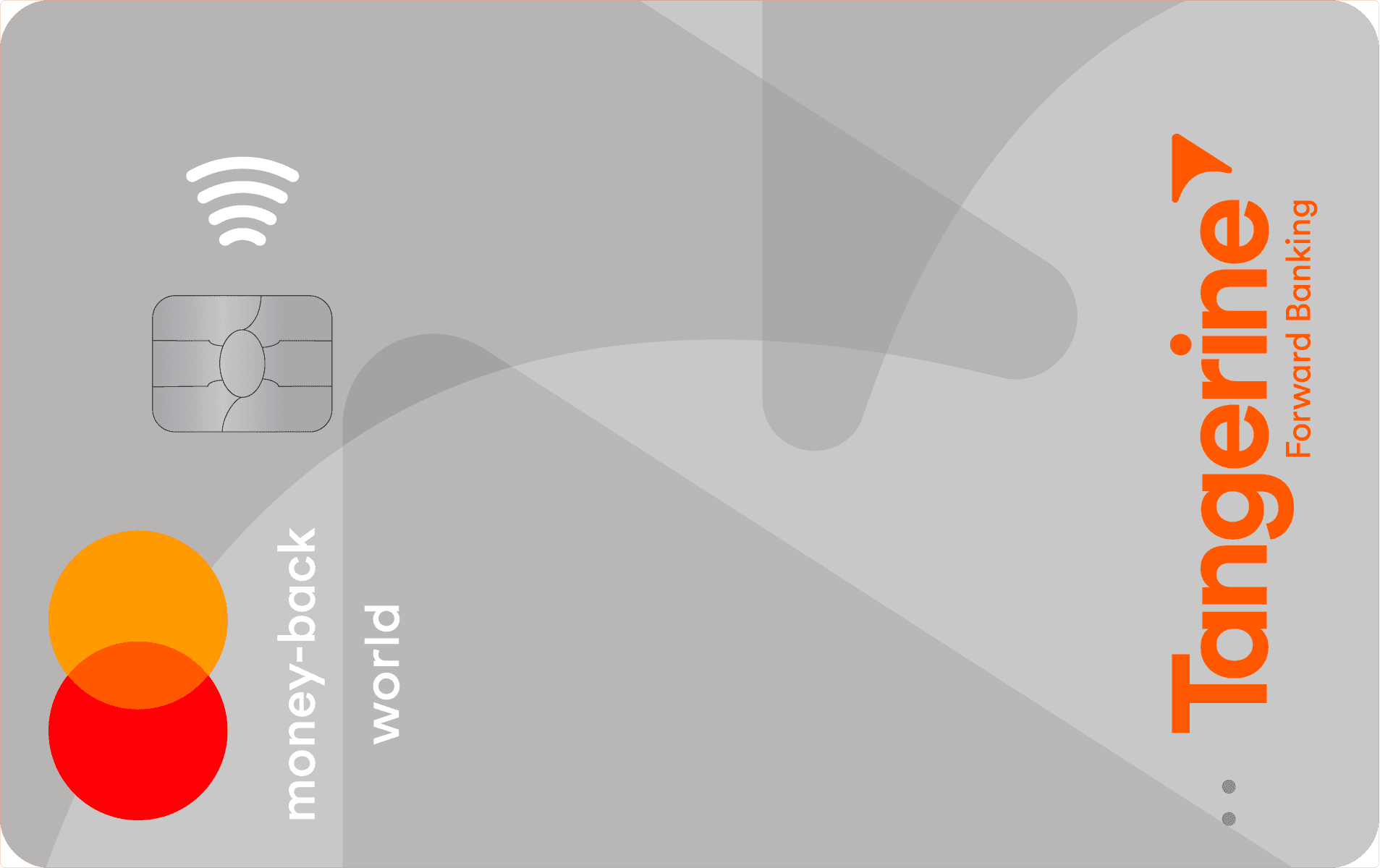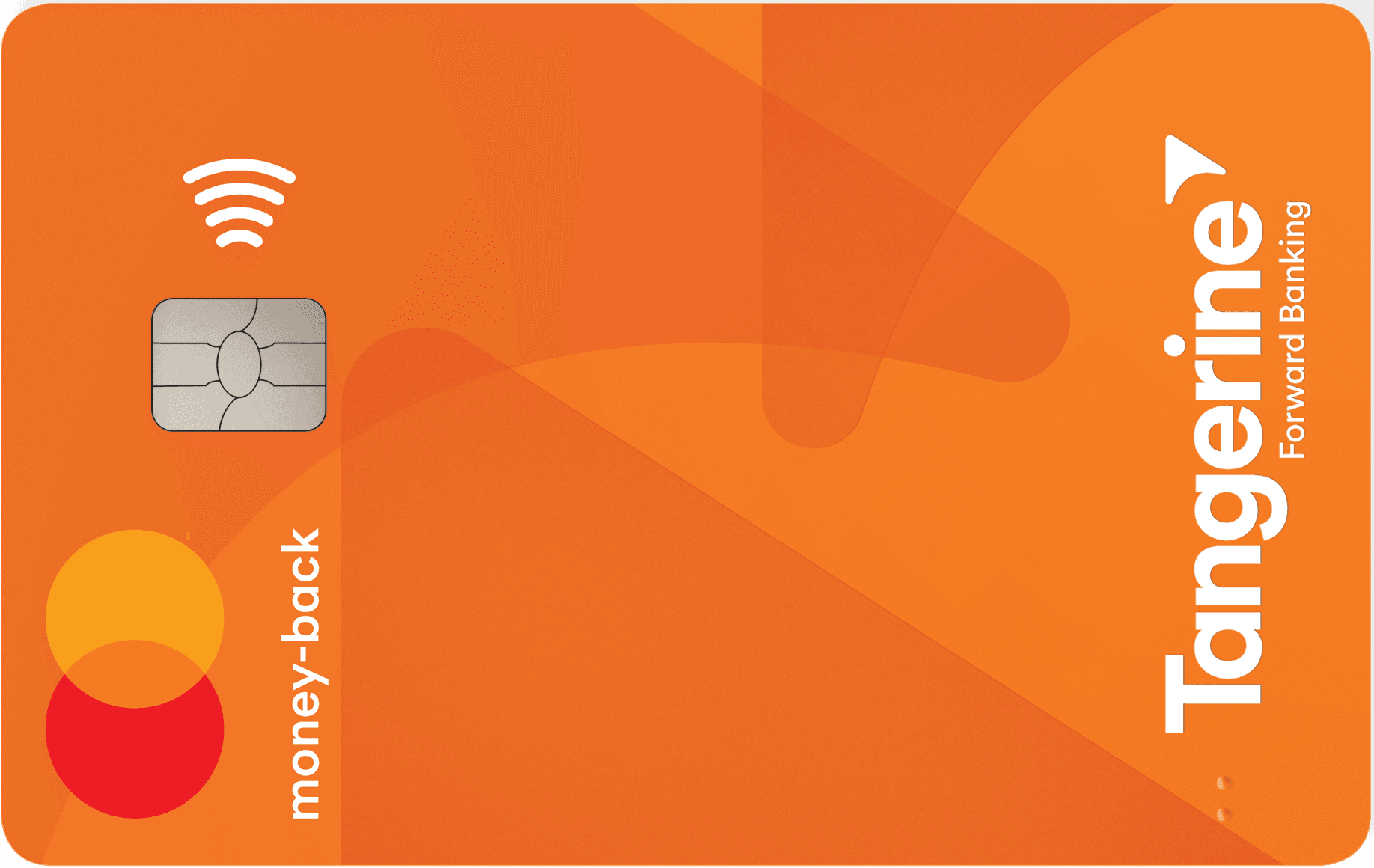Working hard in the background...
What Happens to Authorized Users When the Primary Credit Cardholder Dies in Canada?
Published Dec 9, 2025 3:28 PM • 5 min read
When the main credit card holder passes away, many authorized users ask the same question: “Do I have to pay their debt?” The simple answer is no. Authorized users are not legally responsible for paying off the balance left behind.
But things aren’t always that straightforward. Being an authorized user is very different from being a joint account holder or a co-signer. What happens to the account after the cardholder’s death depends on which role you hold.
On the surface, the rules may look clear, but the details matter. How card issuers handle accounts, who owes what, and the steps you should take can change the outcome.
By knowing these differences, you can avoid stress, protect your credit, and make the right decisions during an already difficult time. Let’s walk through what you need to know so you’re not caught off guard.
Authorized User vs. Joint or Co-Signers
An authorized user is someone the primary cardholder adds to their account, often a spouse, child, or other family member. Authorized users are allowed to make purchases with the card, but they do not sign the credit agreement. This means they are not legally required to repay any balance.
In contrast, a joint account holder or co-signer does sign the agreement. By doing so, they take on full responsibility for the debt. If the primary cardholder dies, the joint holder or co-signer remains legally obligated to pay what is owed.
This distinction is important. Authorized users are permitted to use the card, but they are not liable for the debt. They function more like “guests” on the account. Joint holders and co-signers, however, carry the same legal responsibility as the primary cardholder. Courts in Canada have reinforced this difference.
Who Is Responsible for the Debt?
When a cardholder dies, any outstanding balance is paid from their estate. The credit card company will file a claim during probate, and the estate’s money or assets are used first to repay debts.
If there isn’t enough money in the estate to cover what’s owed, most issuers write off the remaining balance as uncollectable, unless another person is jointly liable on the account. Most importantly, family members and authorized users are typically not held legally responsible for the debt in Canada, as the balance is settled by the deceased person’s estate.
Key exceptions:
- Joint Accounts or Co-signers – If you were a co-signer or joint holder, you share full responsibility. When the primary cardholder dies, the surviving co-signer must pay the balance.
- Community Property States (U.S.) – In some states, debts incurred during marriage are shared. A surviving spouse may be liable. Canada does not follow this rule.
- Fraud or Use After Death – If an authorized user continues spending after the cardholder dies, those charges could become their responsibility or even be considered fraud.
For most authorized users, though, debt responsibility ends with the cardholder’s estate.
What Happens to the Credit Card Account?
Credit card issuers usually close accounts once the primary cardholder dies, and they do not transfer those accounts to authorized users.
That means it’s crucial to stop all use immediately. Even small purchases made after death can be considered fraud. As one lawyer warns, “If someone continues to use the account after the account holder’s death, they can be sued and held personally liable.”
What to do first:
- Contact the bank: Report the death. Most banks have a team that handles these cases. You may need to provide a death certificate.
- Destroy all cards: Cut up any cards tied to the account, including those used by authorized users.
- Protect against fraud: Ask the credit bureau to mark the cardholder’s file as “deceased.” This helps prevent identity theft.
- Stop all use: Even if there is an unpaid balance, do not use the card again.
Once closed, the account will usually appear on the authorized user’s credit report as “closed” or “zero balance.”
Steps for Authorized Users to Take
If you were an authorized user, here’s how to protect yourself:
- Cease spending immediately. Never use the card after the cardholder’s death.
- Call the bank. Confirm the account is closed and that no new charges are posted under your name.
- Check your credit report. Make sure the account shows correctly. If not, file a dispute.
- Keep records. Hold onto the death certificate and bank letters. If a debt collector calls, you can prove you are not responsible.
- Plan your credit future. If you relied on this account to build credit, apply for your own card. Starting with the same bank may help since they already know your history.
Impact on Credit and Rewards
Credit Report
When the account closes, it will eventually fall off your report. You may lose that piece of credit history, which can lower your score slightly. This dip is usually short-lived. As long as you handle your own accounts responsibly, your credit will bounce back.
Rewards and Points
Rewards usually stay with the main account. In some cases, heirs can claim points, but most programs do not pass them to authorized users.
For example, PC Optimum points or Aeroplan miles may go through the estate process, but they are not usually transferred directly to an authorized user. Always check the specific rules of the loyalty program.
Special Situations
Joint Accounts
If you were a joint credit card account holder, not just an authorized user, you remain fully responsible for the balance. Some accounts may stay open in your name.
Community Property Laws
In the U.S., certain states treat debts during marriage as shared. Surviving spouses may owe money even if they were not co-signers. Canada does not follow this system. Unless you signed for the account, you are not liable.
Canadian Court Rulings
Canadian courts clearly separate authorized users from co-signers. In one case, a widow was chased for her late husband’s RBC credit card balance. She had used the card but never signed the agreement. The court ruled she was not responsible for the debt.
Protecting Yourself Before and After
It’s smart to plan ahead:
- Have at least one card in your own name. Relying only on someone else’s account leaves you vulnerable if they die.
- Know your role. Make sure you understand if you’re an authorized user, co-signer, or joint account holder.
- Communicate. Encourage the cardholder to keep a record of all open accounts. If possible, discuss whether adding you as a joint holder makes sense.
If you are already an authorized user, check your credit situation and start building independent credit now. That way, if the unexpected happens, you’re prepared.
Conclusion
For authorized users, the good news is clear: you are generally not legally responsible for the primary cardholder’s debt after they pass away. The estate pays what it can, and the rest is written off.
Read More:
What you do inherit, however, is the responsibility to act correctly: stop using the card, notify the issuer, and safeguard your credit. While you may lose access to that credit line or any rewards tied to it, you avoid legal or financial fallout.
By taking proactive steps and by planning your own credit path through new accounts or credit-building tools, you can ensure financial stability even after the account closes.
Frequently Asked Questions (FAQ)
What happens to authorized users when the primary cardholder dies?
When the cardholder dies, the account is ultimately closed, and authorized users lose access to the card. Luckily, though, authorized users are not liable for the debt left behind.
Are authorized users ever responsible for the balance?
No, authorized users are not responsible for the remaining balance. Only co-signers or joint holders are held accountable.
Can I keep using a credit card after the primary cardholder dies?
No. Using the primary cardholder’s credit card after their death is fraud.
How can I protect my credit as an authorized user?
Check your reports, dispute errors, and apply for a card in your own name. Secured cards or starter products are excellent options.
Trending Offers

Tangerine® Money-Back World Mastercard®*

Tangerine Money-Back Mastercard

BMO Performance Chequing Account

Scotiabank Passport® Visa Infinite* Card
What's on this Page
About the author

Faith Ogunkanmi
Editor
Faith is a seasoned finance professional with over six years of experience specializing in credit analysis, financial risk assessment, and business/personal lending. My background includes extensive w...
SEE FULL BIOAbout the editor

Sara Skodak
Lead Writer
Since graduating from the University of Western Ontario, Sara has built a diverse writing portfolio, covering topics in the travel, business, and wellness sectors. As a self-started freelance content ...
SEE FULL BIO